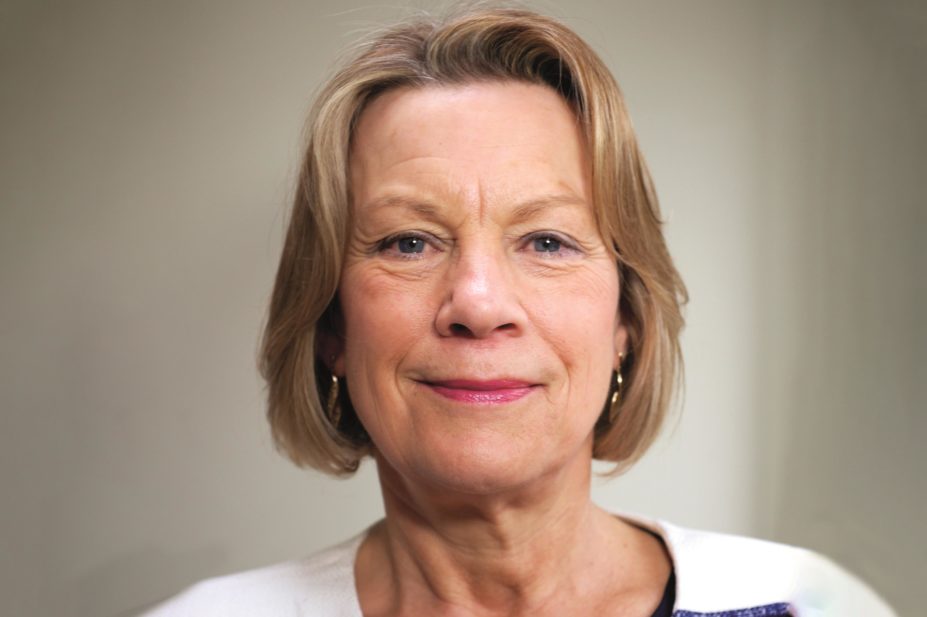
Courtesy of Elizabeth Butterfield
Non-medical prescribers, including pharmacists, are just as effective at prescribing medicines as medical prescribers, according to the results of a Cochrane Review[1]
published on 22 November 2016.
Patients prescribed medicines to treat high blood pressure, diabetes or high cholesterol had the same health outcomes whether they were prescribed by a doctor or by a non-medical prescriber in a variety of settings, researchers found. Adherence to medicines, level of satisfaction and health-related quality of life were also the same – regardless of the type of prescriber.
“The findings suggest that non-medical prescribers, practising with varying but high levels of prescribing autonomy, in a range of settings, were as effective as usual care medical prescribers,” say the researchers, led by Greg Weeks from the Centre for Medicine Use and Safety, Faculty of Pharmacy and Pharmaceutical Sciences, Monash University, Melbourne, Australia.
However, the researchers were unable to draw any conclusions around the use of resources or links between the type of prescriber and adverse events because the studies were too varied and inconsistent. They call for more rigorous research in order to be able to compare these specific factors in non-medical and medical prescribers.
The researchers base their findings on 46 studies selected following a database search and a review of ‘grey’ literature (research that is either unpublished or has been published in non-commercial form), as well as a hand search of bibliographies of relevant papers and publications. Pharmacist prescribers were involved in 20 studies and nurse prescribers were involved in 26 studies.
The researchers compared results for non-medical and medical prescribing in acute care and chronic care in secondary care and in primary care. They also compared differences between non-medical prescriber groups, as well as comparing those non-medical prescribers who had received formal and non-formal prescribing training.
The review found that outcomes for non-medical prescribers were comparable to medical prescribers for: high blood pressure (moderate certainty of evidence); diabetes control (high certainty of evidence); high cholesterol (moderate certainty of evidence); adverse events (low certainty of evidence); patients adhering to their medication regimens (moderate certainty of evidence); patient satisfaction with care (moderate certainty of evidence); and health-related quality of life (moderate certainty of evidence).
Elizabeth Butterfield, an independent prescriber and chair of the Primary Care Pharmacy Association, says the findings should not be a surprise to UK-based practitioners. “[In the UK], non-medical prescribing is only undertaken after extensive post-graduate university-based accredited training by qualified pharmacists and nurses who will only prescribe for clinical conditions where they are competent,” says Butterfield.
The findings of the review should encourage the NHS to make better use of pharmacists who are already qualified prescribers, many of whom are not using their prescribing qualification, she says.
“This review should add to the confidence in the high quality of pharmacist prescribing,” Butterfield says.
References
[1] Weeks G, George J, Maclure K et al. Non-medical prescribing versus medical prescribing for acute and chronic disease management in primary and secondary care. Cochrane Database of Systematic Reviews 2016;11:CD011227. doi: 10.1002/14651858.CD011227.pub2

